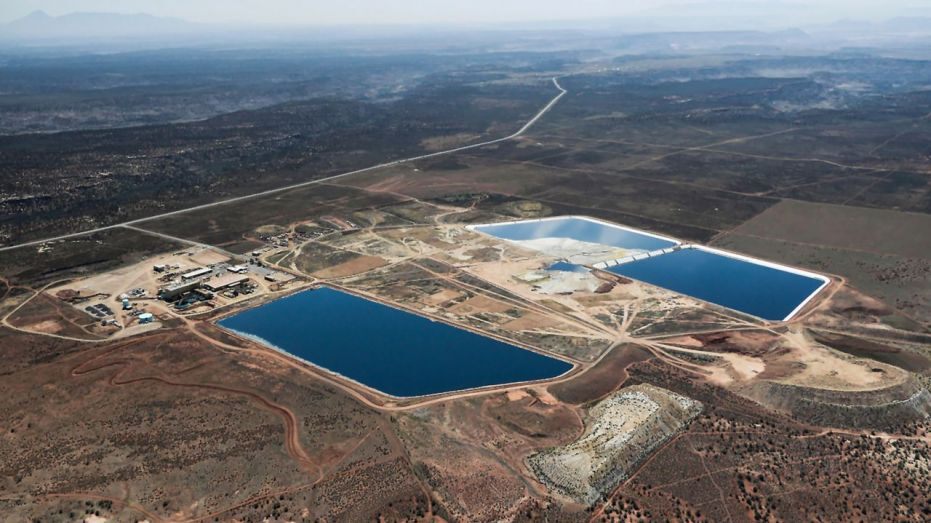
Secretary of Defense Mark Esper holds an end of year press conference at the Pentagon on December 20, 2019 in Arlington, Virginia.
Drew Angerer | Getty Images
U.S. Defense Secretary Mark Esper told CNBC he was “reluctant” to call the truce agreement Washington reached with the Taliban on Friday a victory or a loss.
The truce agreement that the U.S. reached with the Taliban was a plan for “a reduction in violence” in Afghanistan, Esper told CNBC’s Hadley Gamble on Saturday. Calling for negotiations to begin between Afghans on opposing sides of the conflict next month, the truce represents a breakthrough after more than 18 years of war.
Asked whether it was a triumph for the U.S., Esper said: “I’m reluctant to call things victories or losses, but I think it’s the way forward. It enables us to reduce our footprint, our presence in Afghanistan going forward. I think it’s most important for the Afghan people … they deserve better than what they’ve had.”
He said that if the “Taliban live up to their end of the deal” this “sets the stage for us to consider the peace agreement.”
This would see the U.S. withdraw some of its military presence in Afghanistan, reducing troops down to around 8,600, Esper said. There are around 13,000 U.S. troops reportedly in Afghanistan currently. The peace deal would also call for a nationwide cease-fire and a pledge from the Taliban to not host terrorist groups like Al Qaeda.
5G: Pentagon investing ‘hundreds of millions’ into competing with China
When asked why China was the Pentagon’s top concern, Esper said that looking at the U.S.’s national defense strategy the country was now “in an era of great power competition,” meaning it needed to “focus more on high-intensity warfare going forward.”
He said that the U.S.’s long-term challenges were therefore “China number one, Russia number two.”
He argued that China was continuing to grow in military strength, economic power and commercial activity but was doing so “in many ways illicitly or using the international rules-based order against us to continue this growth, to acquire this technology and to do the things that undermine our nations.”
Esper said the Pentagon was putting “hundreds of millions of dollars” into finding an alternative to Huawei’s 5G technology by running “test beds at several of its bases” where it was inviting commercial vendors and could “put aside unnecessary regulation that inhibits the testing.”
The Defense Secretary said the U.S. needed to move as “quickly as we can” to develop this technology, otherwise “China’s domination of this market will continue to grow.”
With regard to coronavirus, Esper said China’s political model meant there was a “lack of transparency,” where it was “suppressing the truth, putting a heavy hand on local authorities, (which) actually enabled the virus to spread.”
He believed a more “open” political system, where China was willing to “admit the shortcomings” would have “tamped down this virus arguably much more quickly.”

